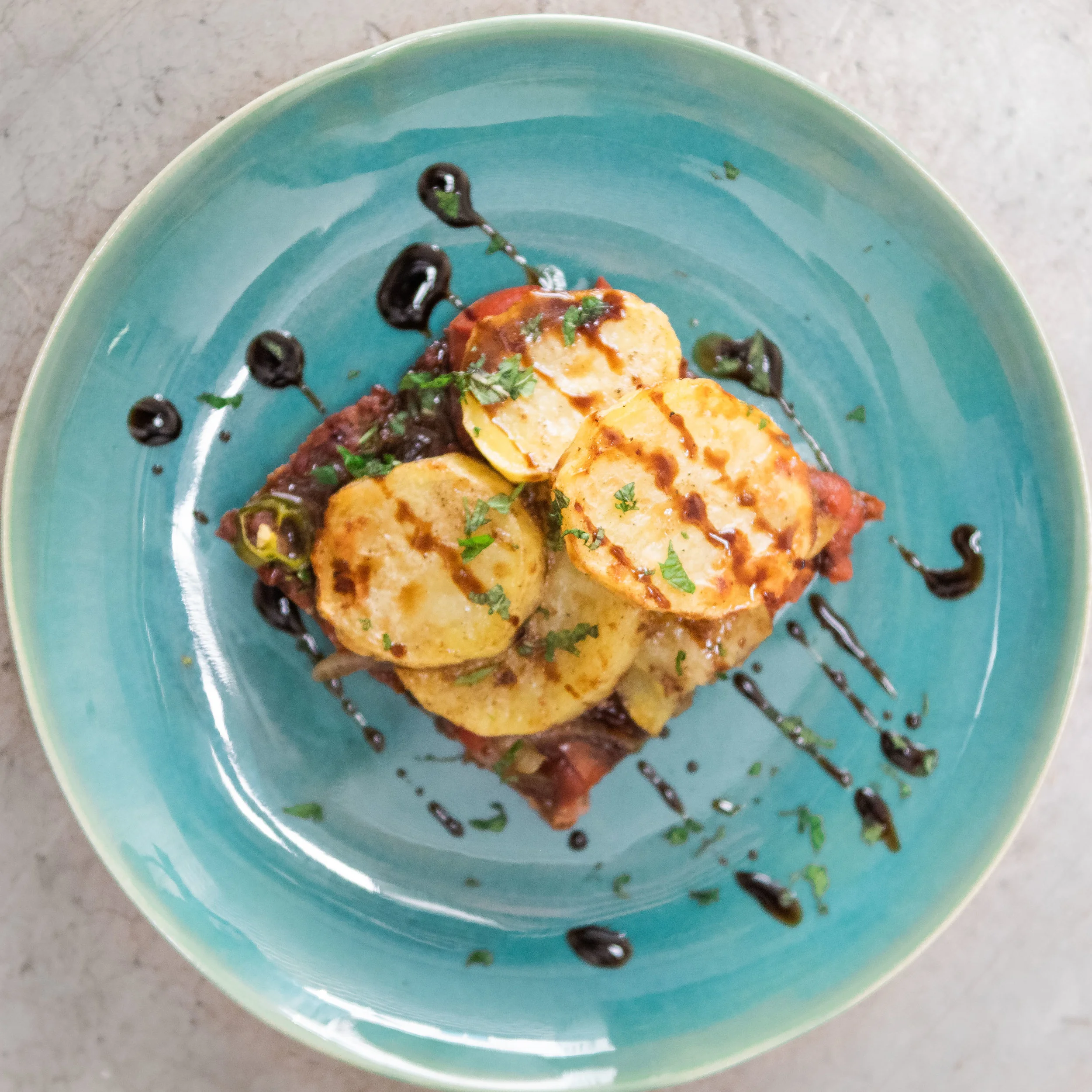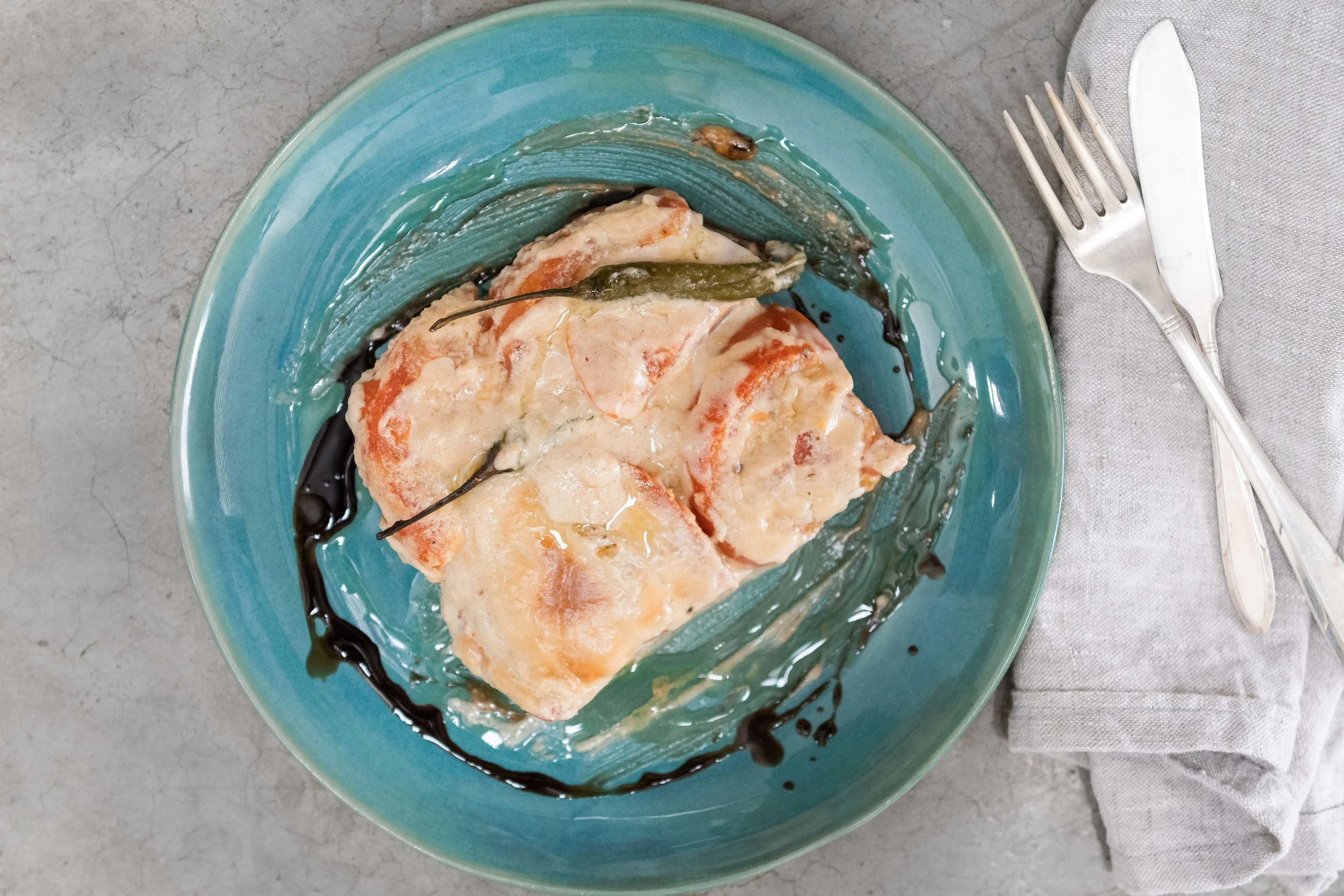Ramadan Project: Syrian Kefta vs. Palestinian Kofta
I’ve really been loving the conversation this project started between all of its contributors. Take last week for example. I saw all sorts of variations on Palestinian makloubeh that we, as Syrians, don’t make. One of my favorites was fava bean makloubeh, which now I definitely have to try sometime! Learning these nuances in the Levant and its eating culture are so valuable. It’s important for preservation and awareness, and I hope it’s something we continue into the future.
I’m so happy we chose kefta/kofta this week. It’s super simple to make, perfect for the whole family and highlights a couple key differences. First of all, our pronunciation of the dish varies slightly. While I say “kefta” with an "ih” for the “e,” Dima uses more of an “uh” for the “o” (if that’s not the speech therapist in me coming out, I don’t know what is). The pronunciation coincides with dialectal differences, and both are “correct” ways to the same word.
Another large variation is our use of sauce. Dima uses lots of tahini, demonstrating Palestinians’ love for the paste, where it’s used much more often than it is in Syria. She first roasts pressed meat and tomatoes until the red fruit releases its juice. She then tops it with tahini and roasts it a bit longer, allowing the tomato liquid and the nutty paste to marinade into a delicious sauce.
I, on the other hand, use a similar method, but I add pomegranate molasses instead of tahini, giving the dish a slightly sweeter and tangier flavor. I also use onions and jalapeños along with the tomatoes, which provides a nice fresh contrast the acidic sauce. I then scatter sliced and roasted potatoes on top so everything comes together in the perfect bite. Similarly to how Palestinians adore tahini, we use pomegranate molasses every chance we get. Both dishes are equally delicious with slightly different flavor profiles.


